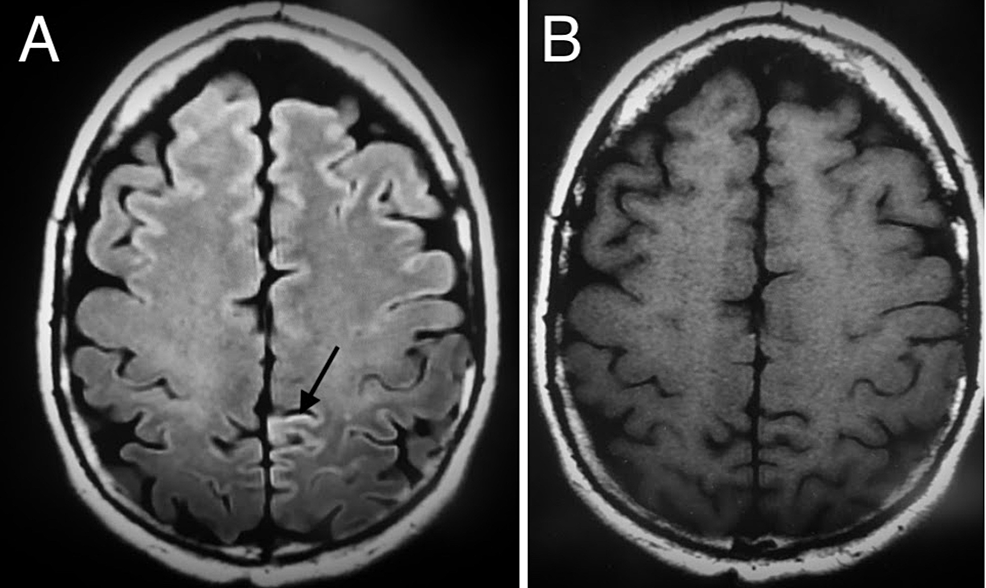Case report peer-reviewed
Kortz M W, Kongs B M, Middleton L E (April 03, 2021) Rapid Neurocognitive Deterioration and Mortality in a Healthcare Professional With Spongiform Encephalopathy: Implications for Neurologic and End-of-Life Care. Cureus 13(4): e14277. doi:10.7759/cureus.14277
Abstract
Spongiform encephalopathy (SE) is a rare prion disorder characterized by progressive cognitive dysfunction and mortality. Affected patients can observe a wide variety of neurological symptoms, such as myoclonus, dementia, cerebellar signs, and others. We present a case of laboratory-confirmed SE in an otherwise healthy 57-year-old medical professional who initially presented with nonspecific and unique "head in a fish-bowl" dissociation and cognitive decline. No social risk factors were ever identified other than his healthcare career, but subsequent neuroimaging, serology, and lumbar puncture confirmed a diagnosis of sporadic SE due to unknown etiology. He was then treated symptomatically and referred ultimately to palliative care. The patient passed while in hospice care with time from the initial diagnosis to mortality being only 42 days. Given his vague but uniquely rapid deterioration and subsequent mortality, we highlight an opportunity to discuss diagnosis, management, quality improvement, and ethical concerns associated with SE prognosis. We aim to help primary care physicians and neurologists better elucidate the risk factors, signs and symptoms, and pathophysiology of SE to make an early diagnosis. Symptoms can then be managed effectively and palliative services coordinated via a legal and compassionate shared decision-making approach. We recommend that once a diagnosis is made, a discussion with the patient and their family about advance directives and end-of-life care be coordinated as soon as reasonably possible. This should be carried out by a multidisciplinary team consisting of the patient's primary care physician and neurologist, as well as a social worker, palliative care physician, and counselor (spiritual or otherwise). It is our hope that through a better understanding of these factors in SE care, quality of life improvement protocols in similarly-debilitating neurocognitive diseases can be developed.

Comment